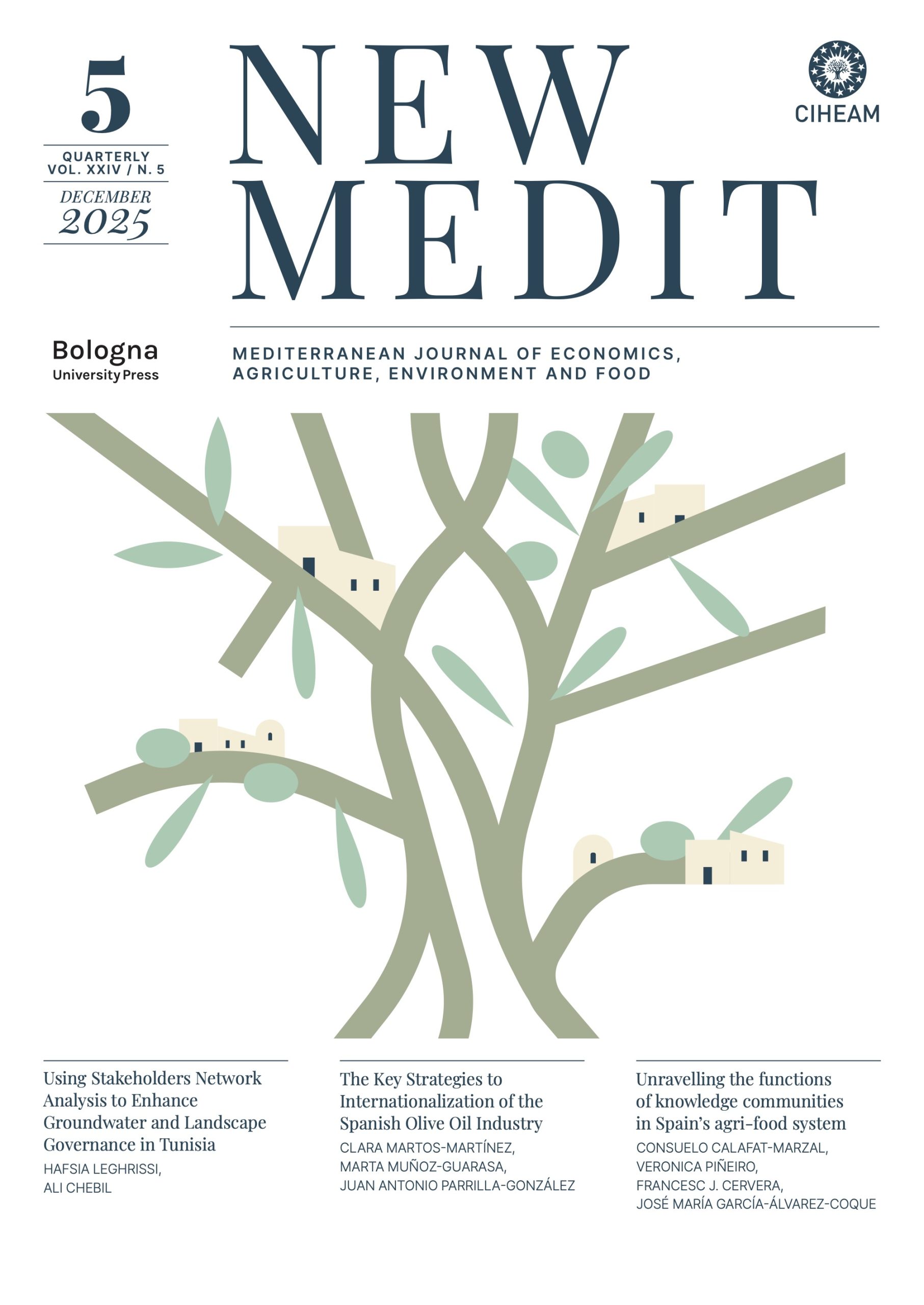The North African region’s lagoon ecosystems face numerous challenges, including urbanization, wastewater pollution, and overexploitation, leading to socioeconomic consequences that have proven to be detrimental. Therefore, we conducted a choice experiment to assess citizens’ preferences for lagoon restoration in Tunisia and their willingness to support the EcoPact endeavor to enhance the prevailing circumstances and halter environmental degradation. This research devised two improvement scenarios and utilized a Latent Class Model to gauge citizens’ utility in a lagoon restoration. The results revealed two citizen classes, “Pro-restoration” and “Reluctant to Restore”. The majority are pro-restoration citizens willing to voluntarily pay (WTP) up to $165.58 for one-year contribution for a high-impact scenario. The other class, Reluctant to Restore, appear to recognize the value of the project’s attributes, as evidenced by their significant WTP for high-level attributes. The results showed that the aggregated benefits is very close to the required project cost for the high-impact scenario, suggesting that the project is almost viable only if the improvement is highly significant.











